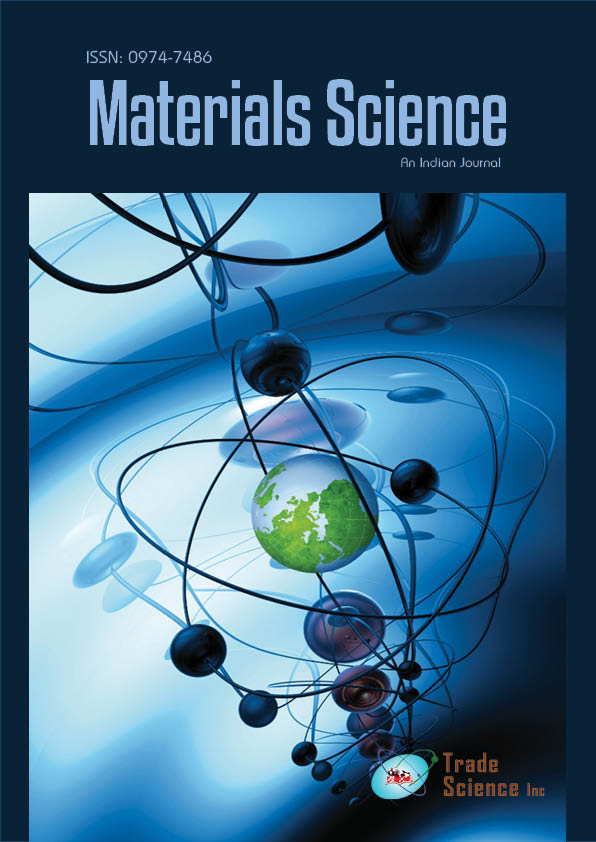Abstrato
Imide Derived Carbon Dots Exhibit Promising Antitumoral Properties on Multiple In Vitro Experimental Designs
Crina Elena Tiron, Florin Zugun-Eloae, Catalina A. Peptu, Adrian Tiron, Corneliu S. Stan
Cancer is still a leading cause of death worldwide. Multiple and heterogeneous intrinsic molecular defects account for malignancy aggressiveness features. Distorted and inappropriate control of fundamental cell biology programs, such as cell survival, cell suicide, cell differentiation and cell tissular architectural integration stand at the core of tumor development. Such factors activate Epithelial-to-Mesenchymal Transition (EMT) that allows tumor cells to acquire different characteristics enabling them to invade and increase survival to different type of treatments. Nanomaterial-based technologies offer new promising approaches to disease diagnostics and therapeutics. We investigate the potential antitumoral properties of one of the newest classes of carbon based nanomaterials, Carbon Dots. Two types of previously physico-chemically characterized Carbon-Dots have been assessed using in vitro models. Cell proliferation, apoptosis and vimentin as a marker of EMT have been investigated in cell cult ures models: 2D, 3D, mono-culture or co-culture. Imide derived C-Dots affect cancer cell survival in a graded way, with minimal impact on normal cells, indicating promising antitumoral effects for cancer treatment. Moreover, the presence of the imide derived C-Dots down regulates the expression of EMT-associated marker Vimentin. Tested Carbon-Dots possess selective antitumoral properties which may be defined by precursor type.
